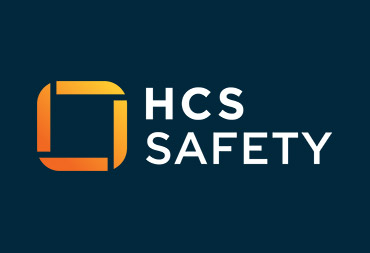Health and safety is a critical field across virtually all industries, and earning a qualification in this area can significantly enhance your career prospects.
A popular provider of these qualifications is the National Examination Board in Occupational Safety and Health (NEBOSH), recognised globally for their comprehensive courses.
NEBOSH offers several courses, but two of the most popular are the General Certificate and the National Diploma.
In this post, we’ll help you understand the key differences between these two qualifications.
NEBOSH: an overview
NEBOSH is a leading global organisation providing health, safety, and environmental qualifications.
Their courses, known for their rigorous standards and practical approach, are designed for individuals at various stages of their careers, catering to different industries and vocational pathways.
NEBOSH General Certificate
The NEBOSH General Certificate is considered a starting point in health and safety education.
This course is designed to provide a robust foundation in the core principles of occupational safety and health.
The qualification is equivalent to the NQF/QCF Level 3 in England, Wales and Northern Ireland (comparable to A-Levels) and SCQF Level 6 in Scotland.
The course equips learners with the knowledge and practical skills to manage risks effectively and is suited for managers, supervisors, or individuals looking to kickstart their careers in health and safety.
NEBOSH National Diploma
The NEBOSH Diploma is a higher-level qualification, often pursued by individuals who have completed the General Certificate or have substantial experience in the field through other means.
An RQF/CQFW Level 6 course in England, Wales and Northern Ireland and SCQF Level 10 in Scotland, the National Diploma takes around 191 taught hours, approximately 144 hours of private study, and 140 assessment hours. It’s roughly equivalent to a bachelor’s degree.
The course provides an in-depth understanding of occupational health and safety principles and practices. This comprehensive course is ideal for professionals looking to further their careers in health and safety, such as health and safety managers, advisors, or consultants.
Key differences
- Depth of study: The General Certificate provides an excellent overview of health and safety issues, whereas the Diploma offers a more comprehensive understanding.
- Duration: The General Certificate involves around 12 days in the classroom while the diploma consists of around 32 days across the 3 modules.
- Career progression: The General Certificate is often taken by those starting a career in health and safety or individuals in other roles who need a solid understanding of health and safety. In contrast, the Diploma is a more specialised qualification suited to those seeking senior positions in the field.
- Coursework and assessment: The General Certificate is assessed via a 24 hour open book examination, plus a written assignment, where the Diploma does not have a written examination as such, but does require the completion of an in-depth scenario based assessment which students have several weeks to complete.
Understanding these differences will help you select the most suitable NEBOSH course based on your career goals, time commitment, and current level of expertise.
Enhance your career with HCS Safety’s NEBOSH courses
At HCS Safety, we are dedicated to providing comprehensive, industry-leading NEBOSH courses designed to equip you with the skills and knowledge you need to excel in your career.
We are proud to offer both the NEBOSH General Certificate and NEBOSH Diploma to cater to diverse learning requirements.
View our NEBOSH courses to find the perfect fit for your job and career.




